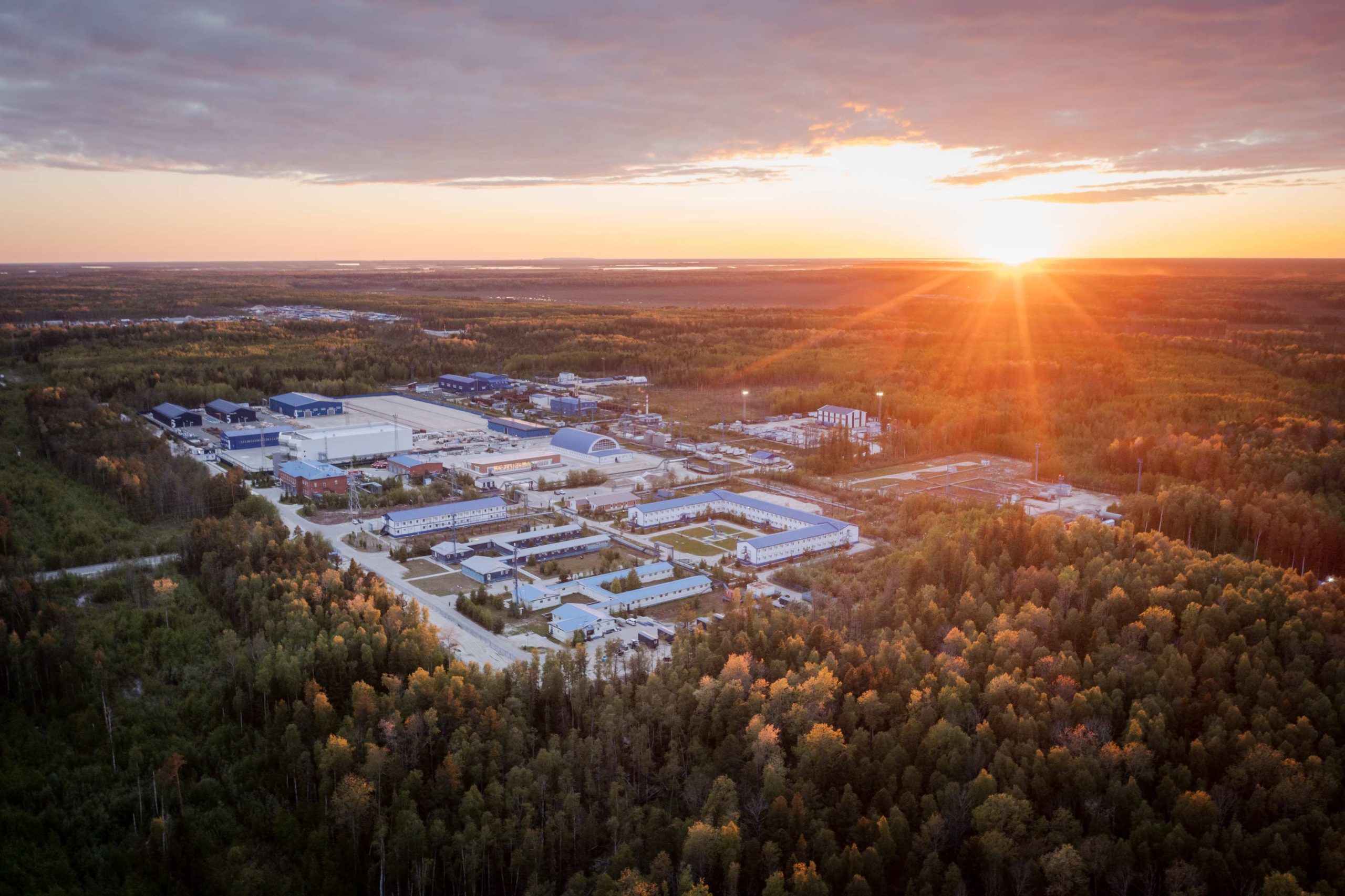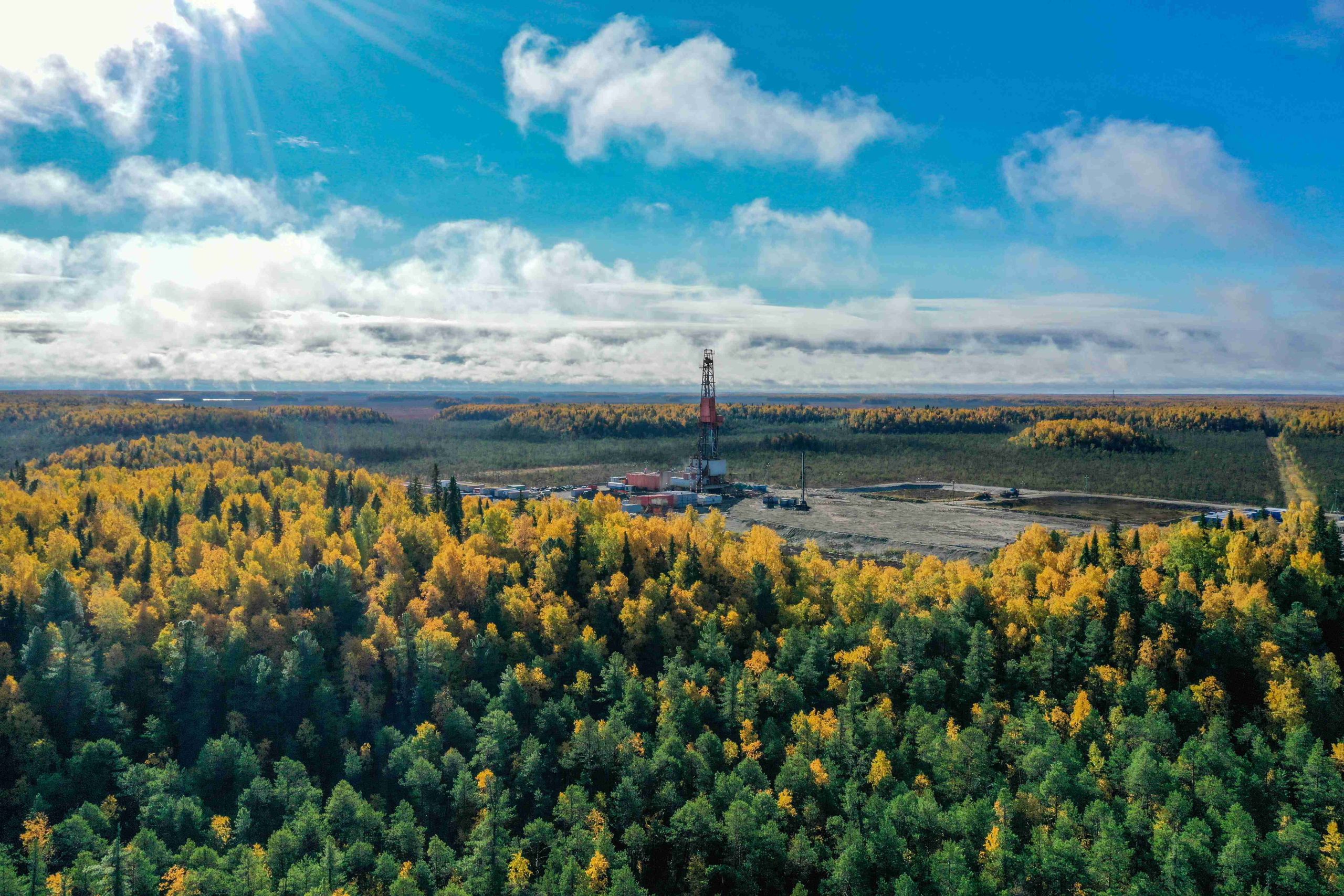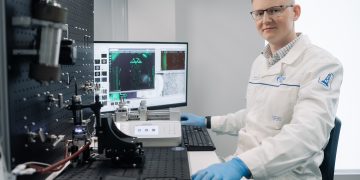Gazprom Neft Develops Technologies for Cost-Effective Development of Hard-to-Recover Hydrocarbon Reserves
Gazprom Neft, as part of the federal project “Technologies for the Development of Hard-to-Recover Hydrocarbons”, has developed a set of solutions that will make it possible to bring up to 9 billion tonnes of “hard” oil into production in Russia. The results of the program were presented to Alexander Novak, Deputy Prime Minister of the Russian Federation, at a meeting of the project committee in Khanty-Mansiysk.
Currently, over 60% of Russia’s oil reserves are classified as hard-to-recover. Production is complicated by geological features, depth, density, and low permeability of the formations. Developing these reserves requires advanced technologies and additional investments. The federal project, aimed at creating domestic solutions for the production of “hard” hydrocarbons and residual reserves at mature fields, was launched in 2021 at the initiative of the Ministry of Energy of Russia, Gazprom Neft, and the Administration of Khanty-Mansi Autonomous Okrug–Yugra.
Together with research and oilfield service organizations and industry partners from the nuclear sector, Gazprom Nefthas developed and demonstrated the effectiveness of a suite of Russian tools that have reduced the cost of producing hard-to-recover resources by three times. Within the project, more than ten solutions were created and tested, including high-speed multistage hydraulic fracturing, reagents, and digital tools to support fracturing, as well as technologies for drilling horizontal wells. The new technologies are ready for scaling and will help develop Achimov, Tyumen Suite, and other types of “hard” reserves at Russian fields.
As part of the project, Gazprom Neft also developed and tested Russian reagents for enhanced oil recovery, which increased the oil recovery factor by a record 21 percentage points for the domestic industry. The company has patented modern materials for surfactant-polymer flooding. A scientific and industrial ecosystem has been formed that, with state support, can create a new industrial segment for the implementation of chemical enhanced oil recovery technologies. Their large-scale implementation will bring additional oil reserves into development and give a second life to dozens of mature fields in Western Siberia.
“The development of technologies for producing hard-to-recover reserves is one of the priorities of Russia’s energy strategy until 2050. The federal project has made it possible to create solutions for developing fields with complex geological structures and has given impetus to the development of industry, petrochemicals, scientific research, and the production of oil and gas equipment. The improvement and scaling of new tools will provide additional budget revenues and create jobs, as well as contribute to strengthening the energy security and technological sovereignty of our country,” said Alexander Novak, Deputy Prime Minister of the Russian Federation.
“Hard-to-recover reserves are the present and future of the Russian oil and gas industry. At Gazprom Neft, they already account for more than 60% of production. To increase production volumes, it is necessary to bring increasingly complex hydrocarbon reserves into development. Therefore, we are constantly searching for new, most effective technologies to work with different categories of hard-to-recover reserves. A whole ecosystem of our partners is involved in solving this problem—these are universities and research organizations, small businesses, and equipment manufacturers. The implementation of the federal project has made a significant contribution to the development of the Russian high-tech oilfield services market, the localization of production of equipment for hydraulic fracturing, and reagents for enhanced oil recovery. After the successful completion of the federal project, work on creating new technologies for the development of hard-to-recover reserves will certainly continue,” said Alexander Dyukov, Chairman of the Management Board of Gazprom Neft.
“We understand that it is necessary to create high-tech solutions and find new technological approaches that will improve the economic efficiency of developing hard-to-recover reserves. The federal project completed in Yugra has shown its effectiveness when measures of support from the Russian Federation are combined at the regional level. Tax incentives have allowed companies to allocate funds for the development of unique technological and innovative solutions. We will continue to cooperate between the Government of Yugra, the Ministry of Energy of the Russian Federation, the Ministry of Finance, and our oil companies to consider the territory of Yugra as a pilot project for developing models that will help in the production of hydrocarbons at fields classified as hard-to-recover,” said Ruslan Kukharuk, Governor of Khanty-Mansi Autonomous Okrug–Yugra.










